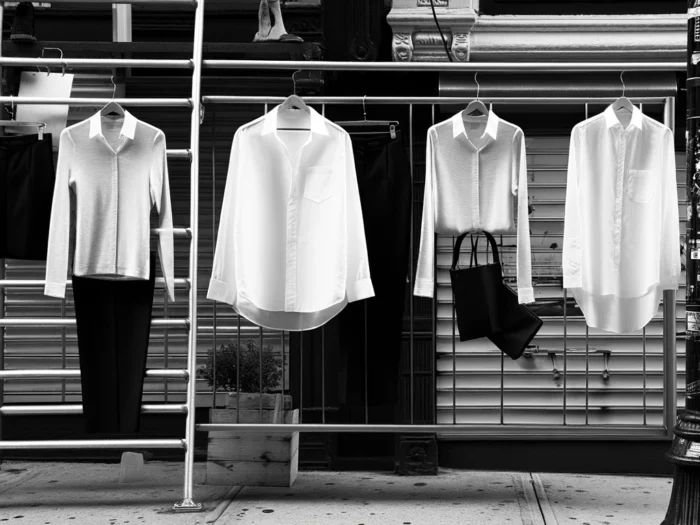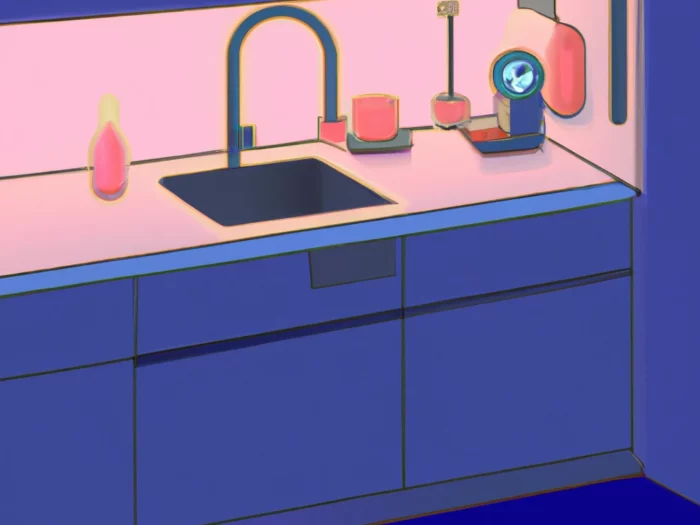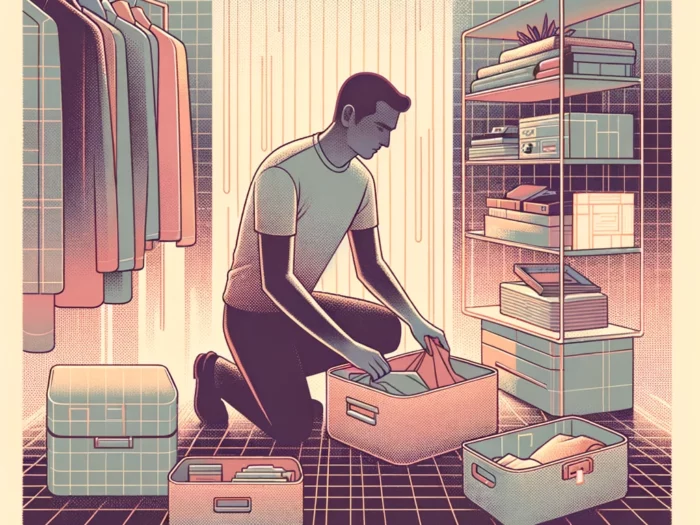
Even in today’s electronic world we still get paper mail. You might still have some old paperwork and family letters. If you’re not careful, mail will stack up and overflow. Do you have a system to deal with paperwork and mail clutter?
My grandmother used to send me letters, at least one every couple of months, for about 20 years. That made up a lot of letters. I’ll deal with that later in this post.
The Mail Keeps Coming
I pay the majority of my bills electronically. I get less mail than I used to get, but some companies don’t offer e-payments. Others are single-time statements. There are letters from work, from school, from mom, from random people and places. Then there’s all the junk mail. Don’t forget the forms; all the stuff we have to fill out. It adds up to a mess of paperwork.
Years ago, I developed a system to deal with all of this crap. It’s really quite simple. Throw 99% of it away, not immediately, but over a period of time.
5 Steps To Deal With Paperwork
- First sort: I get my mail at a private mailbox. When I pick up the mail, I’ll stand at the counter and open it. If it’s junk, it gets tossed into the recycle bin. All the envelopes go into the bin. All I keep is the important paperwork: statements, appointment reminders, personal letters, etc. This reduces my stack of mail by 75-95% before I even come home.
- Desk organizer: A small desk organizer does wonders. Sometimes we get paperwork that we need to keep in sight for a short time. I pay as many bills as I can immediately. But occasionally there’s one that I need to wait on. Or sometimes there’s a form that needs to be filled out for a later appointment. I put that stuff in a small letter organizer on the desk.
- Second sort: As I pay the bills, fill out the forms, and deal with the paperwork in general, I throw out another 75-95%. I keep a few things that might be useful or needed later: tax documents, contracts, family letters, latest statements for address verification if needed, etc.
- Temporary storage: Use an old shoebox or a small plastic bin. Put the stuff you feel like you should keep into the box. Keep the box in an easily accessible place. I keep mine in a utility-area cupboard. But don’t just forget about it. And don’t add a second box.
- Third sort: Every couple of months I go through the paperwork in the box. Guess what? I get rid of another 75-95% of all that paper junk.
Longterm Paperwork And Mail
You can’t just toss everything. Mortgage papers, pending insurance settlements, social security documents, and tax return statements all need to be kept around for records. I have another, slightly larger box, for 8×10 documents, where I keep that paperwork. That one gets sorted at least once a year.
Now back to the letters from my grandmother, dad’s old papers, and greeting cards for special occasions. What do you do with all that old paperwork? You sort it.
I’ve kept a lot of my grandmother’s old letters, but not all of them. I keep them in a small box with other keepsakes. She was born in 1908 and lived in another time. That’s worth revisiting from time to time. I loved her much and her letters are still priceless to me.
My dad passed away in 2010. I wound up with about five rubber totes of his stuff, much of it old papers. Over the years, I’ve reduced it down to half of a tote and counting. But there will be a few of dad’s papers I’ll save.
As for greeting cards, it depends on who they are from and for what the occasion was. The majority of the greeting cards I get will eventually get recycled. But it’s okay to hold onto some select cards from special people.
In The End, About 99% Goes
It’s not an exact science or percentage, but in the longterm, I’d guess that the majority of my paperwork goes into the recycling bin. The key is to sort mail and paperwork immediately, and sort again regularly.
I invite you to join me on a journey back home. In my new book, Finding Our Way Back Home: Reclaiming A Sense Of Peace In A Chaotic World, I thoughtfully consider the concept of home. Then I consider the things that cause us distraction from having a peaceful home. Finally, I offer 9 ways to find peace in the home.
If you’d like to find more peace at home and help Hip Diggs at the same time, I encourage you to buy your copy today. Just click the link below to get started:












